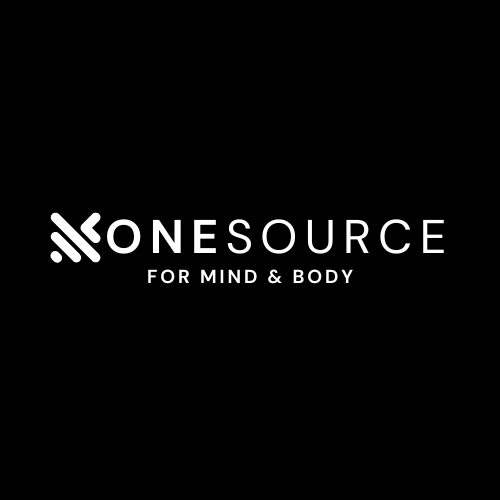A Good Podcast: Tim Ferriss w/ Andrew Huberman
Sleep, stress, light exposure and the benefits to mood and depression
In this episode Andrew Huberman is very clear, by taking control of our bodies, and moving, we have the ability to turn off stress and take charge of our health. And while their nearly 3 hour conversation touched on a large number of topics, I found the information I learned about fear and anxiety, resetting your circadian clock, and ways to optimize testosterone to be the most interesting and actionable. This was a fascinating conversation that I thoroughly enjoyed.
Fear and Anxiety
“Fear,” Dr. Huberman say, “it’s the anxiety that you feel when you don’t know what behavior can remove a feeling of helplessness in the face of a threat.”
And it’s that feeling of anxiety that activates your sympathetic nervous system, and sets off a cascade of responses in your body you’ve likely felt recently. Liked increase heart rate and respiration, dilated pupils, and a narrowing of your vision.
But, he points out, because, both vision and respiration have a bi-directional relationship with our internal state, we can change one by changing the other. Said another way, by focusing on our breath (exhaling more than we inhale), we can reduce the speed of our heart rate. And by widening our field of vision, like staring off into the horizon, we can reduce levels of alertness and stress, and thereby increase calmness.
Physical activity such as running or weight training can also help to alleviate stress and the body’s response to it, but Dr. Huberman put’s special emphasis on the power of respiration and vision as the fastest, easiest, and most obvious ways to control involuntary arousal, and reduce stress.
In short, we can actually turn off the stress response by changing the way we view our environment, regardless of the environment.
Tips for Optimizing Overall Health
Get your biology right, and start by figuring out your sleep, “the fundamental layer of mental health.” If you need help falling asleep, he recommends the following supplements 30 - 60 minutes before bed:
200 - 400 mg of L-Theanine (note: avoid L-Theanine if you suffer from sleep walking or night terrors)
200-400 mg of Magnesium L-Threonate
50 mg of Apigenin (a derivative of chamomile)
And when you wake up, practice resetting your circadian clock. Focus on “the four most powerful stimulus… (in order).”
When you view first light (2 - 10 minutes of sunlight upon waking up)
Exercise daily
When you feed (eating early helps)
Social cues, interacting with people or animals (your dog) early in the day
Learn how to focus and defocus, have fun and stay in a mode of adventure. Develop a practice like journaling that allows you to “data dump and experience what’s internal.”
Tips For Optimizing Testosterone
Get sleep right (see above), limit chronic stress (see above), and train hard but not too long (overtraining can reduce testosterone levels). And if you’re in need of a boost, he recommends taking 400 mg of Tongkat Ali (helps promote free testosterone) early in the morning, and 425 mg of Fadogia Agrestis (stimulates the testes to produce more testosterone). (I bought the sleep and testosterone stack from Momentous)
